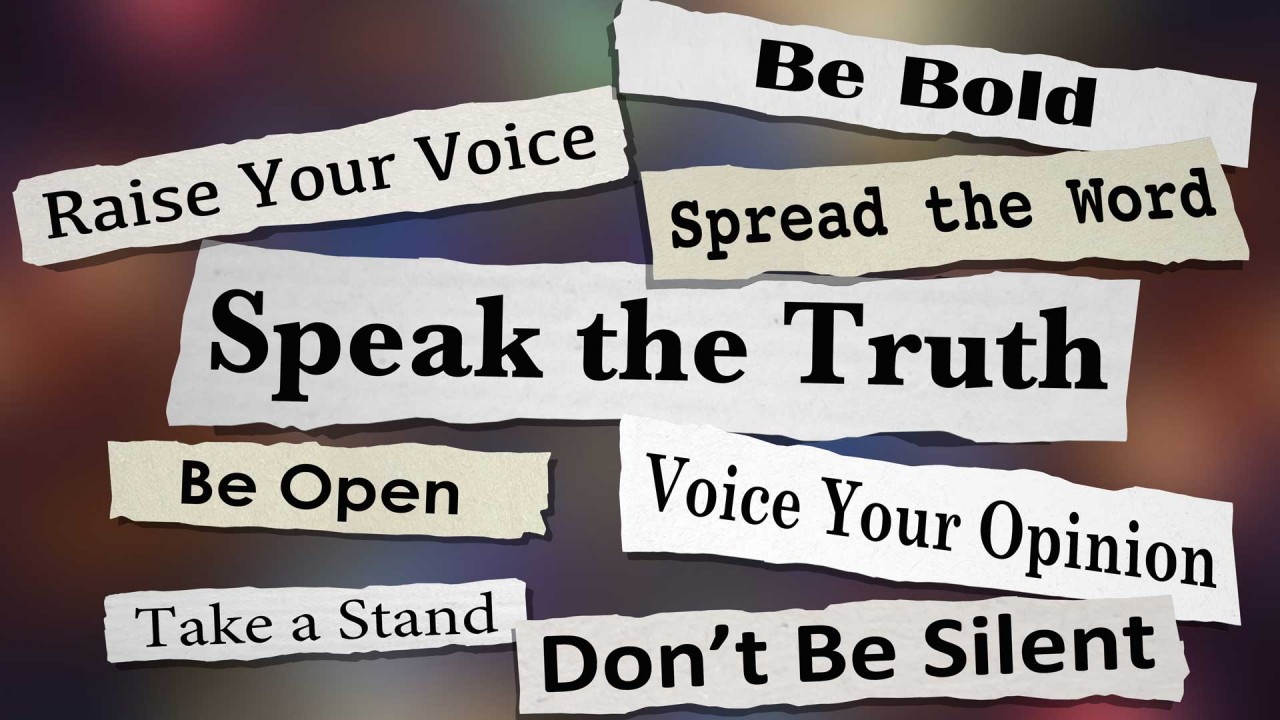.
You might not like me if you read this and I’m OK with that.
Hi. I’m Kerry and I’m lovely. Really easy to get on with. Some have been so creatively descriptive as to say ‘Kerry is soooo nice’. Too nice, I’ve wondered?
Can you be too nice? YES, if it means you’re a walkover. If you’ll happily lie down, roll over and wait to have your belly tickled whilst ignoring an injustice. People who are too nice avoid difficult conversations and potential conflict at any cost. I know, I used to be one of them - smiling and saying ‘yes’ whilst my stomach knotted in rebellion at the situation.
In my head, I now embody a kind of Wonder Woman, boldly striding down the streets armed with my shield of confidence and my weapon of charm. In reality, I look pretty much the same as before; perhaps walking a little taller, but definitely feeling happier.
The irony is that we often avoid tricky conversations and situations because of fear. Fear of being unhappy, fear of ‘rocking the boat or of upsetting people who will then get upset with you. Maybe it’s even fear of losing your job or a relationship.
If there is an unhealthy culture of fear in your organisation, the company undoubtedly needs a health check.
Quick Health Check:
- Is there a lot of ‘moaning’ without action?
- Is there a strict hierarchy?
- Are insider-outsider dynamics at play?
If the answers are yes, yes and yes, then behavioural change is called for.
Change is scary. We worry about the worst possible outcomes. Sometimes, we even fear what the best outcome could bring. To combat these, try asking, ‘What’s the best way to go about it?’
TOP TIPS
- State the known facts
- Leave emotive language out
- Notice your internal language
I used to think if I disagreed with someone, they would automatically stop
liking me and, almost certainly, get angry or upset with me. I would do anything to keep the peace. ‘No honestly it’s fine, I don’t mind working for next-to-nothing for ‘exposure’. I mean, I fed my children yesterday so they’ll be fine…’
Now, however, I’ve started to wonder about the point of a conversation if you don’t voice your opinion. You’d simply make agreeable noises back at someone without any outcomes. Recognise this in meetings, anyone?
So what? I now tell everyone I disagree with to f**k off? Tempting though that may be at times, I’ve learned to choose my language and delivery carefully. I’ve learned a lot from transactional analysis. Essentially, if you speak the truth without a verbal attack, it’s much harder for the other person/people to get worked up. You balance the scales.
So here goes: I didn’t enjoy ‘Phoenix Nights’, I’m a Remainer and I passionately believe that when having a baked potato, the cheese should always go on after the beans. Take me as I am.
Sometimes, despite your best efforts, people will get p****d off and start shouting all kinds of asterisk-filled words at you. You can’t control other people (I know this. I’m a parent) but you can try and control yourself. I dare you to try it and see the difference. I literally sleep better and smile more since taking this new approach. It hasn’t been easy, but a weight has lifted. I’m not carrying the burden of guilt anymore, nor am I crushed under the weight of things left unsaid.
No more Mrs Nice Guy.
























